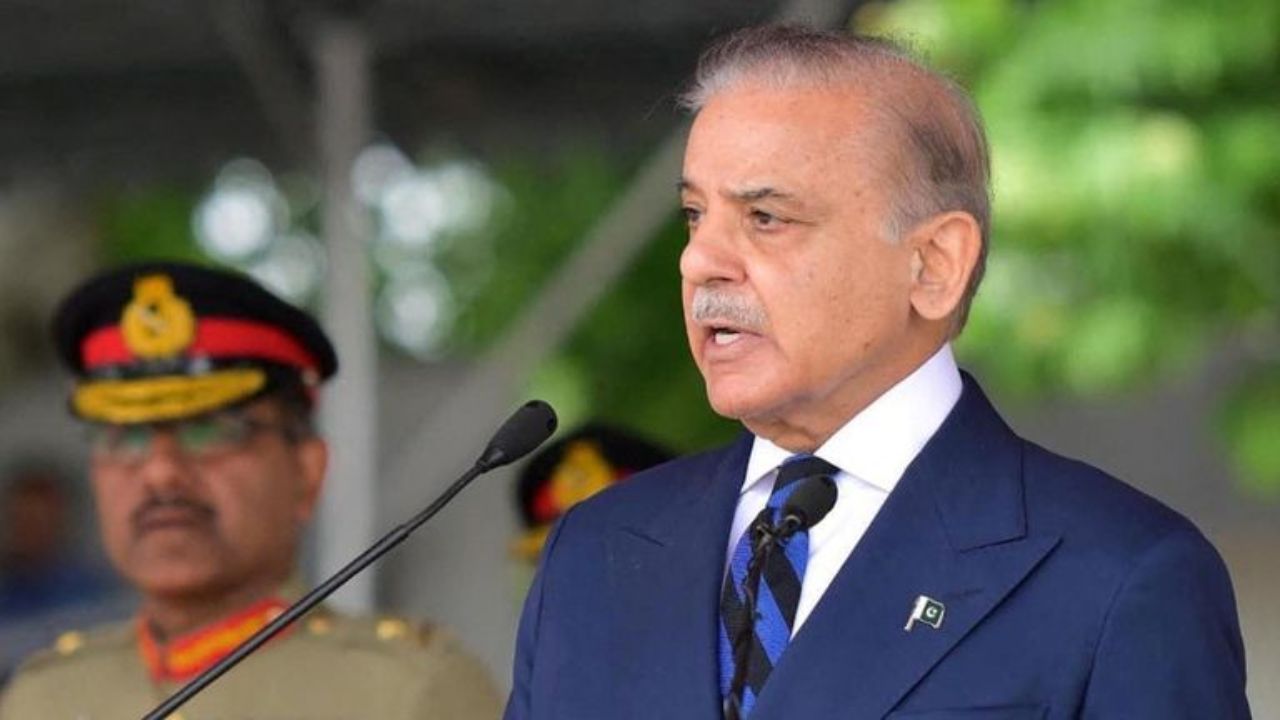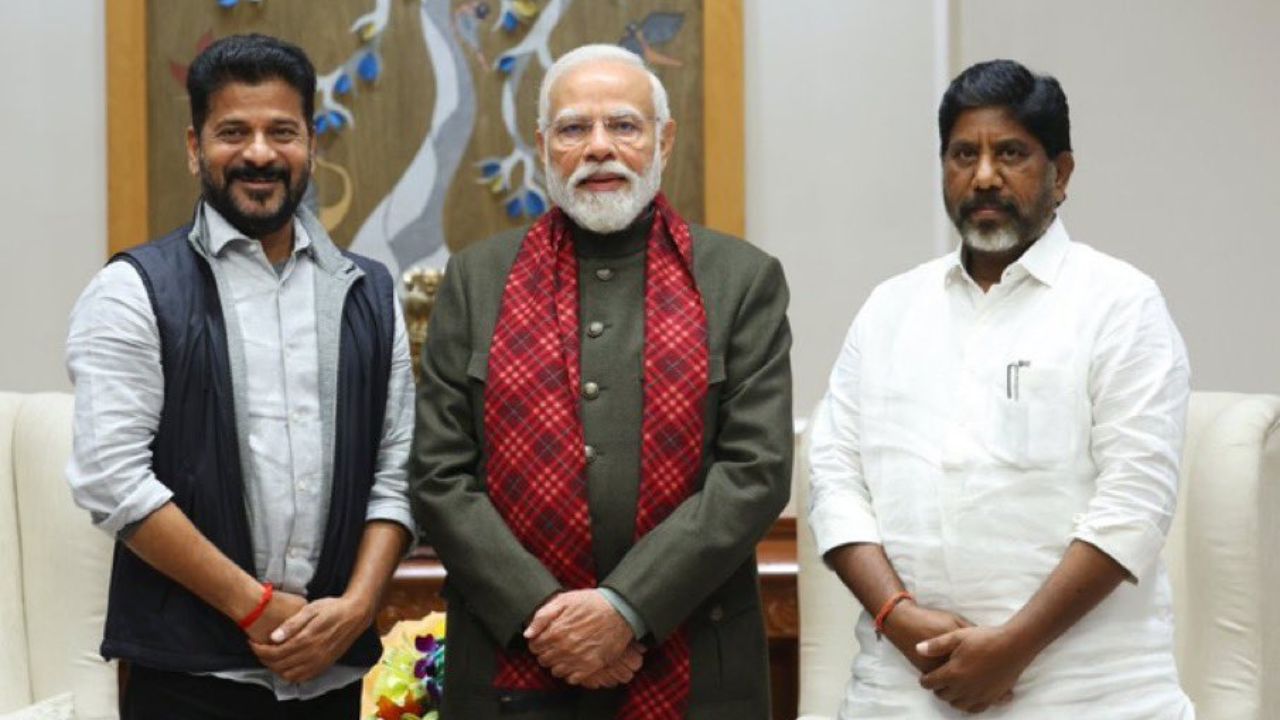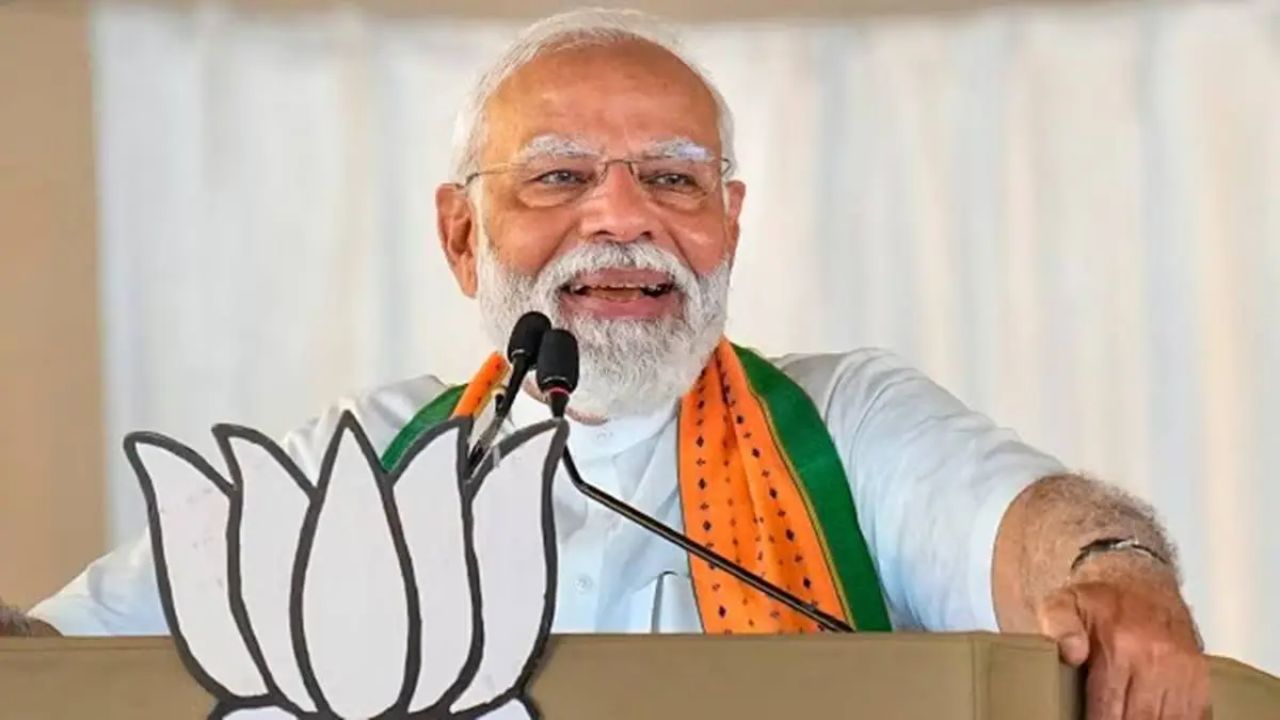“Uddhav Sena’s Absence from Waqf Bill Debate in House Hampers Muslim Outreach Efforts”
The recent introduction of the contentious Waqf Act amendment Bill in the Lok Sabha, followed by its referral to a Joint Committee of Parliament for review, has put the Shiv Sena (Uddhav Balasaheb Thackeray) in

The recent introduction of the contentious Waqf Act amendment Bill in the Lok Sabha, followed by its referral to a Joint Committee of Parliament for review, has put the Shiv Sena (Uddhav Balasaheb Thackeray) in a difficult position due to its unclear stance on the issue. This comes at a time when party chief Uddhav Thackeray is attempting to mend the historically strained relationship between his party and the Muslim community.
On Sunday, a group of Muslims gathered near Matoshree, Thackeray’s residence in Mumbai, to protest the absence of Shiv Sena (UBT) MPs in the Lok Sabha during the Bill’s introduction. Although the Shiv Sena (UBT) dismissed the protesters as “paid trolls” hired by the faction led by Chief Minister Eknath Shinde, the party’s image has suffered among Muslims.
Ahmed Kazi, a social activist from Nashik, noted that Muslims had strongly supported Uddhav Thackeray in the Lok Sabha elections, viewing him as a favorable face of the Maha Vikas Aghadi (MVA). This support had raised expectations that the Sena (UBT) would be more sensitive to issues affecting the community. However, the party’s apparent lack of interest in opposing the waqf Bill is being seen as a betrayal of this newfound trust.
According to Sena (UBT) leaders, the absence of their MPs in the Lok Sabha was due to a meeting with Uddhav Thackeray, who was in Delhi the day the Bill was tabled. The Sena (UBT) won nine of the 21 seats it contested in the recent Lok Sabha elections in Maharashtra, largely due to significant support from Muslim voters—a group that has traditionally been critical of the party. The party’s reluctance to take a clear stance on the waqf Bill is viewed as an attempt to avoid criticism from its traditional Hindu voter base for “diluting its Hindutva.”
Sena (UBT) Rajya Sabha MP Sanjay Raut downplayed the issue, stating that the party is part of the opposition INDIA bloc and that it was not necessary for its MPs to be present when the Bill was tabled. He also noted that the Bill has not yet been passed and that the functioning of the waqf board needs to be discussed, particularly regarding land scams. However, the lack of a clear condemnation of the Bill by Sena (UBT) leaders has angered Muslim leaders. Social activist Zubair Azmi expressed concerns about the party’s silence on the issue and is awaiting a public statement from the party clarifying its stance.
The Sena (UBT) has a long history of strained relations with the Muslim community. The undivided Shiv Sena, founded by Balasaheb Thackeray in 1966, rose to prominence on a platform of Marathi pride but gained political traction in the 1970s with its aggressive stance against Muslims. The party’s involvement in communal riots, including the 1970 Bhiwandi, Jalgaon, and Mahad riots, and the 1992-93 Mumbai riots, brought it into direct conflict with the Muslim community. Despite this, Balasaheb Thackeray maintained political engagements with Muslim leaders and enjoyed personal relationships with prominent figures from the community.
Since breaking away from the BJP, Uddhav Thackeray has made efforts to reach out to the Muslim community, including visiting Muslim-dominated areas and addressing the community in Hindi instead of his usual Marathi. However, the waqf Bill has left the Sena (UBT) leader in a dilemma, as he struggles to balance his party’s traditional Hindu voter base with its newfound Muslim support.
Uddhav Thackeray has often been accused by the BJP of abandoning Hindutva in favor of a “green agenda” (a reference to Muslims). The Shinde faction also cited this as a reason for splitting from Uddhav’s group. Social activist Mustafa Shaikh noted that while Muslims had high hopes for Uddhav, recent developments have eroded this trust, and it remains to be seen whether the community will continue to support the Sena (UBT).




